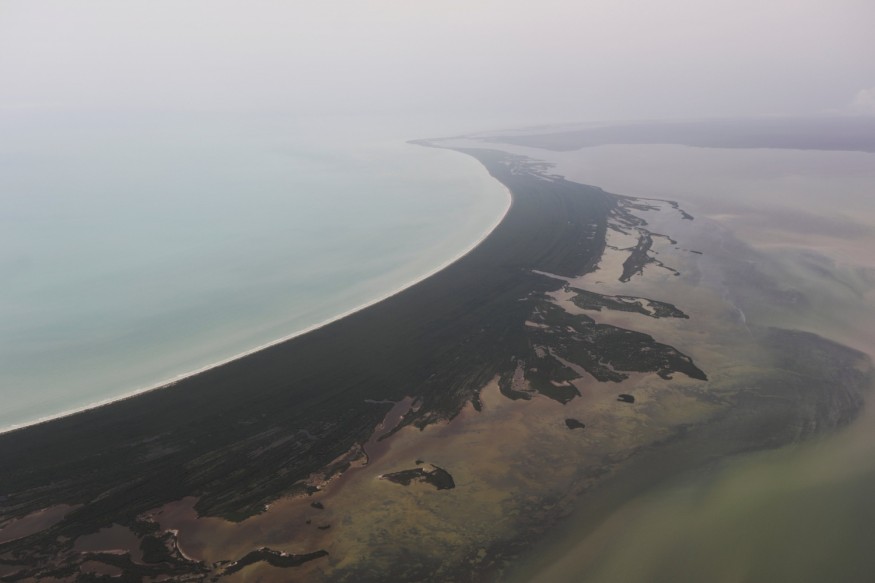Delta rapidly intensified by 85 mph in the past 24 hours. Hurricane Delta is now a powerful Category 4 "major" hurricane packed with 145 mph winds in the Caribbean Sea. It moves towards Mexico and eventually to the US Gulf Coast this week.
On Wednesday, Delta is expected to hit Mexico's Yucatan Peninsula, and residents are warned of "life-threatening storm surge" and significant flash flooding."
Areas of Louisiana to the western Florida Panhandle, where Delta is expected to hit in the US, are also warned of the hurricane's dangerous effects on Thursday night into Friday.

READ: Storm Alex: 9 Dead, More Missing, Hundreds of Houses Swept Away
Delta Intensification
According to NOAA scientist Sam Lillo, the intensification of wind speed to 85 mph was due to the high ocean heat in the tropical Atlantic basin. It was low wind shear and moist air in a region known for rapid intensification. The small size of Delta also contributed to its rapid intensification.
Although Delta is already intense, it could still gain more intensity before making landfall in the Yucatan Peninsula by Wednesday morning.
Forecasts suggest that the small size of Delta may lose intensity when it encounters the Yucatan Peninsula. However, the warm waters of the Gulf of Mexico may again reinvigorate the hurricane.
After Yucatan Peninsula, Delta is expected to move northward towards US Gulf Coast later this week. Where and when the northward turn will happen would determine the hurricane's most significant impact areas. Impacted areas may be as far west as Louisiana's upper Texas coast into the Mississippi or Alabama Gulf Coast.
READ ALSO: Tropical Storm Delta: A Potential Tropical Storm that Maybe A Danger to US Gulf Coast this Week
Hurricane Alerts and Preparations
Yucatan Peninsula
According to National Hurricane Center's public advisory issued Tuesday afternoon, hurricane Delta may have a "potentially catastrophic hurricane condition" once it hits Yucatan Peninsula. The public is warned to be prepared for widespread power outages, damage of structures, and felled trees. The residents are also warned of life-threatening storm surge, which could be six to 13 feet above normal tide levels in Yucatan Peninsula. Heavy rainfall could reach up to 10 inches and would likely cause dangerous flash-flooding.
NHC said that Delta might likely be the strongest hurricane to hit Cancun in the past 15 years, since Wilma.
US Gulf Coast
Delta's wind intensity may diminish as it landfalls in the US Gulf Coast, but it is still an intense hurricane. The wind field may also grow in size.
Residents of the upper Texas coast and Louisiana to Alabama are warned of the following:
- the storm surge will be dangerous and life-threatening
- The winds may also expand and will likely extend as the hurricane gains more forward speed upon and after landfall
- Strong winds are expected to arrive along the northern Gulf Coast on Thursday night or Friday morning.
- Residents of low-lying areas, chiefly southern Louisiana, should watch out for coastal flooding at high tide as swells generated by Delta arrive on Thursday.
- Delta will bring heavy rainfall and storm surge that could worsen flooding along the northern Gulf Coast.
Hurricane Delta's intensification is among the fastest ever documented in the Atlantic basin, moving from tropical depression to Category 4 in the past 36 hours; thus, necessary preparations for the storm should be made.
READ NEXT: Hurricane Sally Landfalls in Alabama as Category 2
Check out more news and information on Hurricanes on Nature World News.
© 2025 NatureWorldNews.com All rights reserved. Do not reproduce without permission.





